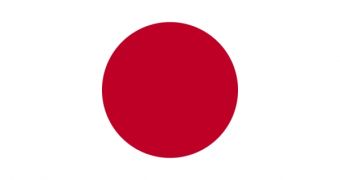On Monday, sources within the Japanese team handling the agreement announced that the first government-to-government carbon trading scheme was about to be sealed this week, between representatives of Ukraine and Japan. The Asian nation will be the one buying the rights to pollute from its Eastern European counterpart, for which it will pay a large sum of money.
Carbon trading is a fairly simple, though admittedly not too effective procedure. Each country is given a “pollution quota,” which is the maximum amount of greenhouse gases it can emit into the atmosphere over the course of a single year.
Nations that are about to exceed that limit, and do not yet have in place technologies to prevent that from happening (such as carbon-trapping), can buy the “rights” to emit more gases from countries that will not reach their maximum allowed limit.
This allows developing states to continue to invest in clean energy infrastructure, while the developed ones, which are those usually buying the permits, continue to pollute until they can implement such a structure of their own. But the main problem with carbon trading is that it doesn't directly address the motif for which it has been set up, and that is the state of the environment. That is to say, the same amounts of greenhouse gases are emitted into the atmosphere under the new scheme as were emitted before, which has environmentalists understandably upset.
Sources say that Japan plans to buy more than 100 million tonnes worth of carbon permits from Eastern and Central European countries to use between 2008 and 2010, as stated by the Kyoto Protocol. This international agreement has regulated the way in which carbon is emitted and exchanged since 1997, but it expires in 2012 and needs to be replaced by the Copenhagen agreement, to be discussed this December at a UN summit, where representatives from more than 190 countries will participate.
Kyoto's Clean Development Mechanism scheme (CER) allows nations that exceed their alloted carbon limits to purchase offsets from countries engaged in clean-energy projects. Thus far, Japan has bought more than 23.1 million tonnes worth of permits from abroad, all of which fall under this international mechanism.

 14 DAY TRIAL //
14 DAY TRIAL //